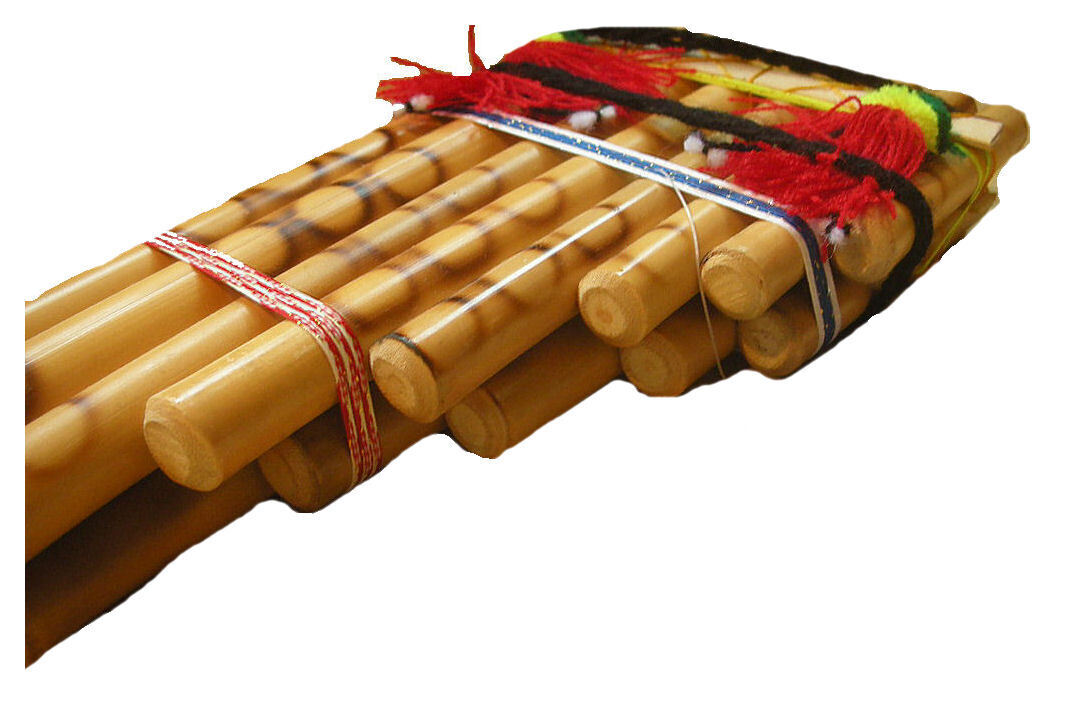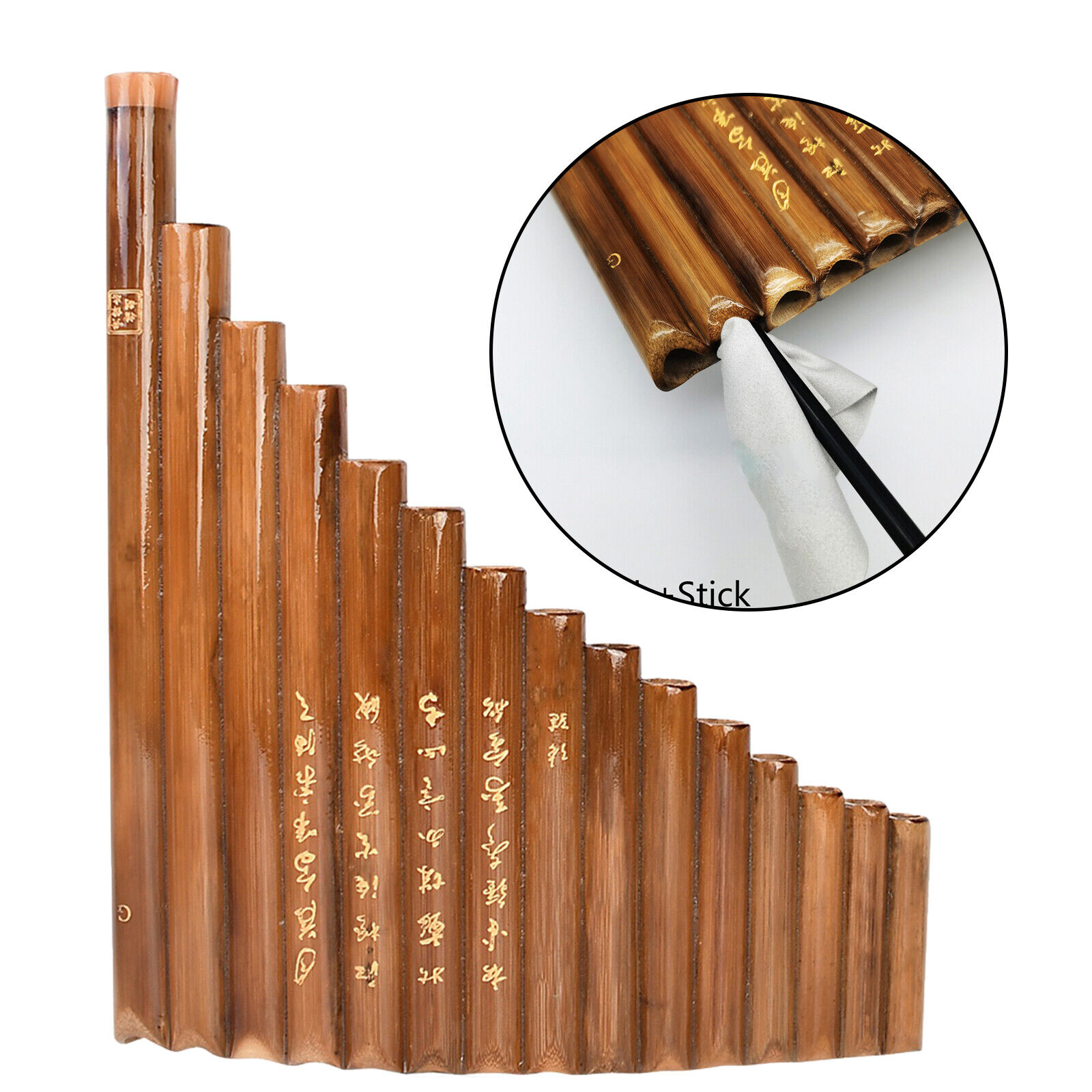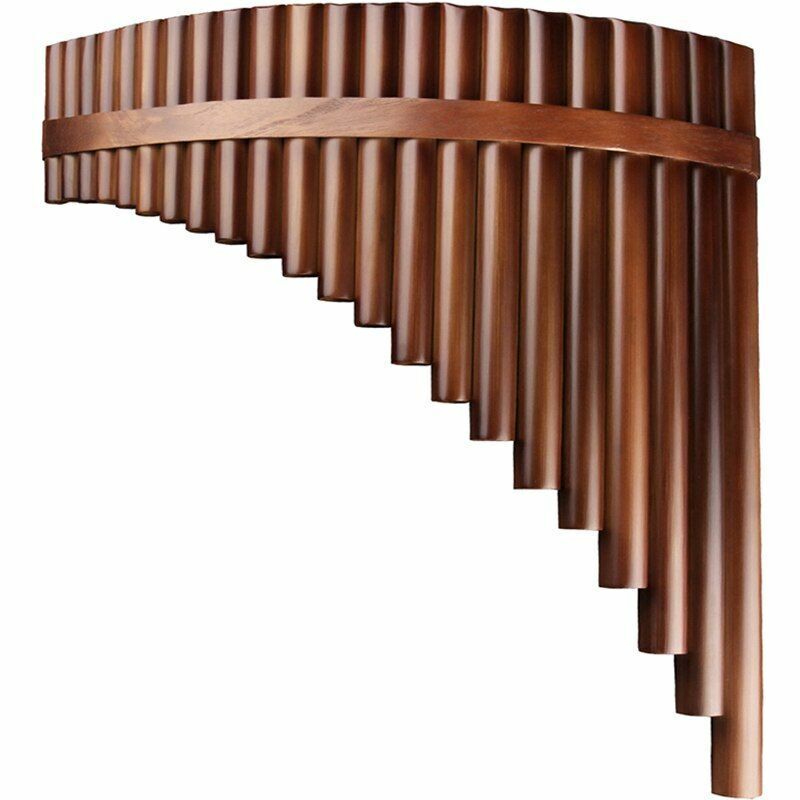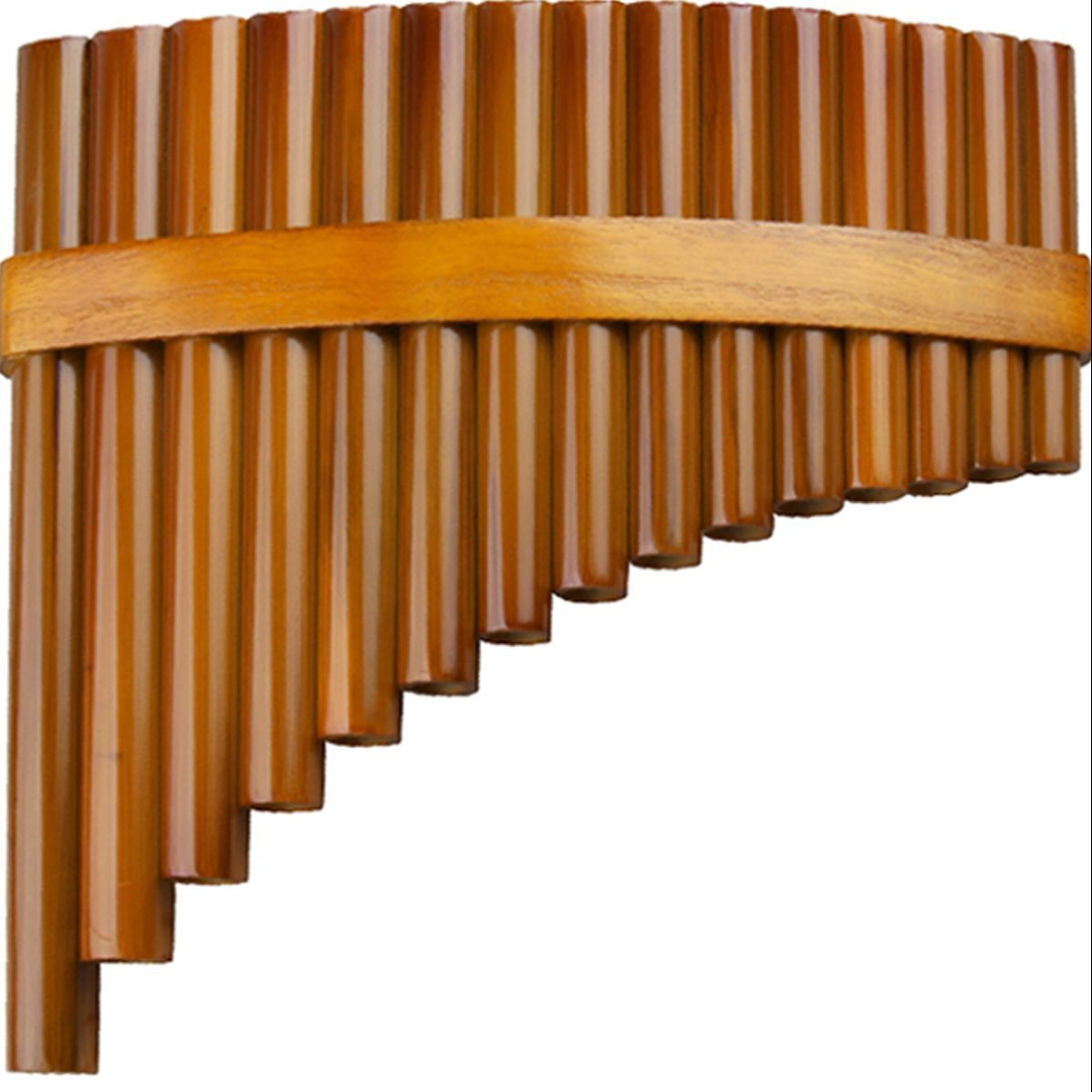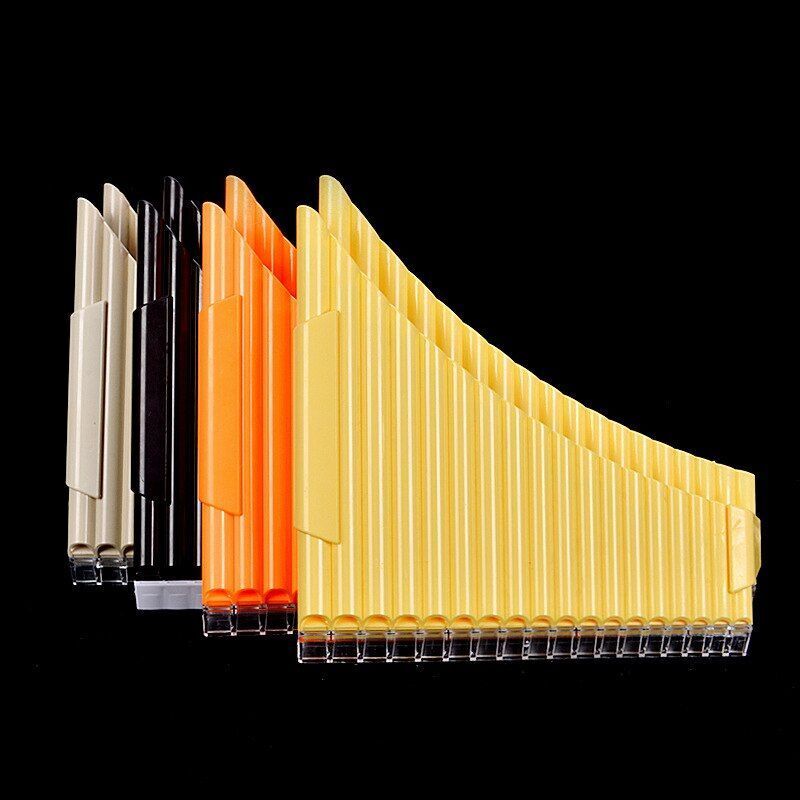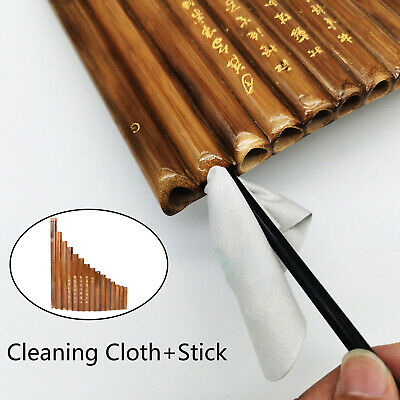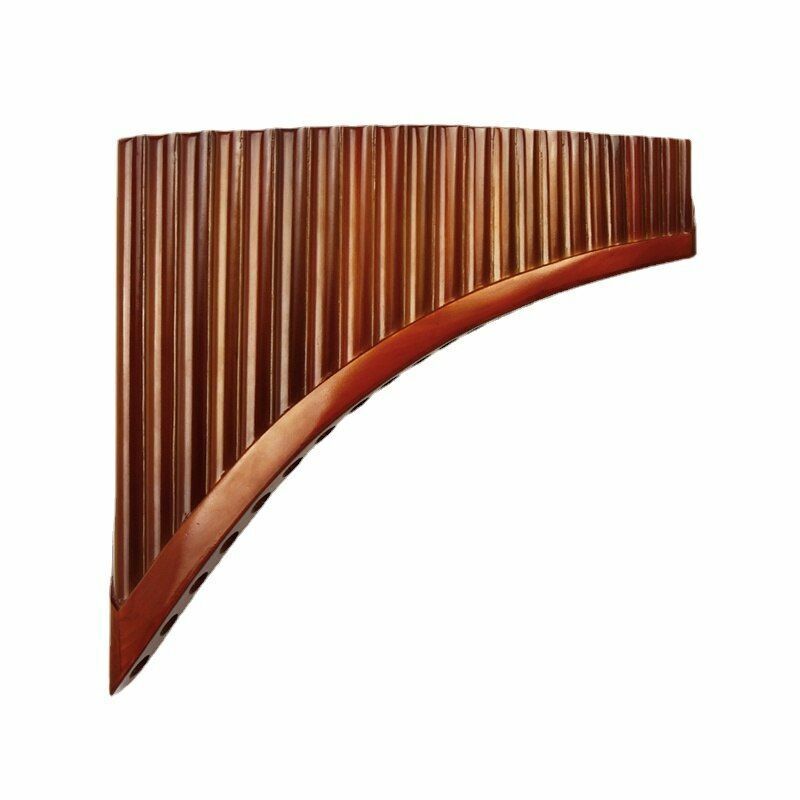-40%
Bolivian Panpipes - 15 Pipes Made in Bolivia
$ 24.4
- Description
- Size Guide
Description
Bolivian Panpipes - 15 Pipes Made in BoliviaItem Description
Bolivian Panpipes - 15 Pipes Made in Bolivia Sourced in La Paz direct from the maker
Panpipes are known as siku in the native tongue.
Made from Bamboo.
Dimensions: 35cm long x 13cm wide comes with a fingering guide.
They are not professional quality - they are for beginners/ practice/ fun.
May differ slightly from that pictured due to hand made nature
This is not a toy - not suitable for children We sell a whole range of wind instruments and hundreds of musical instruments
Background
The siku (
panpipe
) is originally from the Aymaras of
Perú
and
Bolivia
, where a woman would play her siku as she came down from the mountains. Since the largest siku has every note (A-G), and was too big for the woman, they often got two sikus (usually smaller ones) that would be played together with someone else, so they could play them continuously after each other and thus the scales could fully be played. Once the women partnered, they then became musically bonded with each other, as part of their religion, and neither could play the pipes with any other for the rest of their life.
Women would also assemble into groups as they came down the mountains, each group would play different tunes, and as they got together, they would blend all the melodies together to create one complete melody. The woman also played the siku to attract wild goat that they would then harvest
Payment
We require payment by paypal. All major credit and debit cards are accepted by paypal (no paypal account necessary).
All our items are posted first class in the UK. We ship all items within 3 working days, usually faster.
We use recycled products where we can. All items are professionally packed.
All items are new unless stated.
Returns
Returns accepted within 30 days. Buyer pays return costs. There is a returns slip included with your item to make the process easier.
Please contact us on the email address provided on the slip if you have any questions.
Copyrights (c) 1997-2020 Terrapin Trading Ltd. All rights reserved.
The siku (panpipe) is originally from the Aymaras of Perú and Bolivia, where a woman would play her siku as she came down from the mountains. Since the largest siku has every note (A-G), and was too big for the woman, they often got two sikus (usually smaller ones) that would be played together with someone else, so they could play them continuously after each other and thus the scales could fully be played. Once the women partnered, they then became musically bonded with each other, as part of their religion, and neither could play the pipes with any other for the rest of their life. Women would also assemble into groups as they came down the mountains, each group would play different tunes, and as they got together, they would blend all the melodies together to create one complete melody
